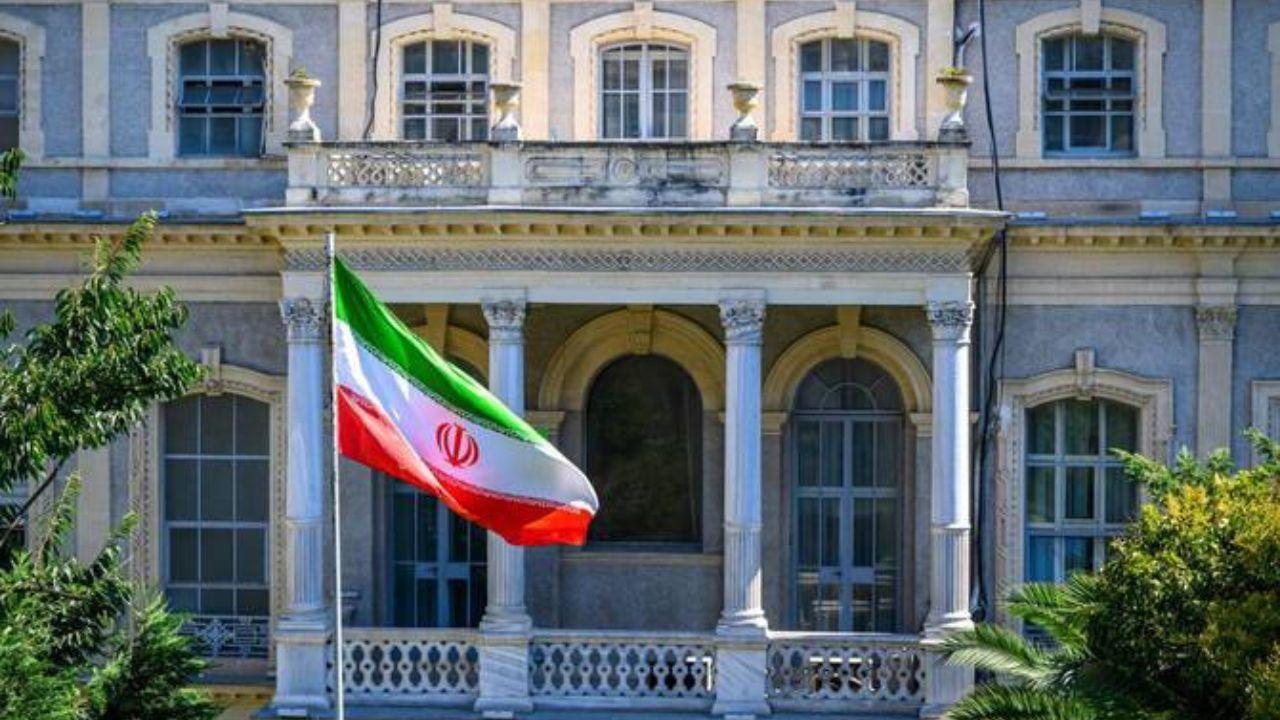
Post by : Priya
Photo:AFP
The announcement that a delegation from the International Atomic Energy Agency (IAEA) will visit Iran within the next two weeks marks a pivotal moment in a complex and often volatile narrative surrounding Iran's nuclear program. The visit, confirmed by Iran's Foreign Ministry spokesperson Esmaeil Baghaei and widely covered by international media, signals an opening for technical dialogue amid heightened global tensions and unresolved questions regarding nuclear activities in the region.
A History Marked by Suspicion and Diplomatic Frictions
Iran’s nuclear program has long been a focal point of international scrutiny. While Iran asserts its nuclear efforts are committed solely to peaceful purposes such as energy generation and medical applications, many countries remain cautious, fearing potential covert development of nuclear weapons. This concern intensified following military strikes on Iranian nuclear facilities by Israel and the United States earlier this year, which, according to official statements, were measures to prevent Iran from acquiring nuclear weapons capability.
The IAEA, the global nuclear watchdog tasked with promoting the peaceful use of nuclear energy and ensuring compliance with non-proliferation treaties, has consistently called for unimpeded access to Iran's nuclear sites and transparency regarding uranium stockpiles and activities. Until recently, diplomatic stalemates and security concerns have hindered direct inspections and constructive engagement.
The Significance of the Upcoming Visit
The technical delegation’s forthcoming visit is framed as a consultative and exploratory mission rather than a comprehensive inspection. Iran has indicated the visit aims to discuss modalities of cooperation and rebuilding trust between Tehran and the international community, rather than immediate site inspections.
This initiative comes at a time when Iran is assessing the impact of the prior strikes on its nuclear installations, particularly at the Natanz and other sensitive facilities. Tehran’s Atomic Energy Organization is conducting damage assessments amid radiation risk concerns, and the IAEA delegation’s presence could facilitate more transparent exchanges of information about the status and safety of these sites.
The visit is expected to reinvigorate dialogue among key stakeholders involved in the 2015 nuclear agreement (Joint Comprehensive Plan of Action, JCPOA), from which the U.S. withdrew in 2018, triggering heightened tensions and additional sanctions on Iran. Representatives from Britain, France, Germany, Russia, and other signatories have expressed continued interest in resolving disputes through negotiation.
Technical and Diplomatic Challenges Ahead
Several critical issues remain unresolved, including the whereabouts and reporting status of approximately 400 kilograms of highly enriched uranium, which has raised international alarm. Tehran has admitted a lack of clear information on this uranium stockpile, highlighting the need for a credible, professional technical dialogue to restore confidence.
The potential risk to regional security is underscored by previous incidents where military actions against nuclear sites raised concerns about radiological safety. The IAEA Director-General emphasized the severe consequences that could arise from further military attacks, especially on operational nuclear power plants such as Bushehr, which could prompt widespread environmental and public health crises.
Broader Implications for Regional and Global Stability
The visit embodies a delicate balance between safeguards and political realities. On one hand, it allows for technical discussions that could build confidence and pave the way for more substantive inspections. On the other, it underscores persistent geopolitical tensions, with proxy conflicts in the Middle East and external powers closely monitoring every development.
Positive outcomes could enhance trust, stabilize diplomatic relations, and reduce the risk of inadvertent conflict escalation. However, any setbacks or lack of transparency may exacerbate suspicion and invite further sanctions or covert countermeasures, which could destabilize the region further.
IAEA visit to Iran


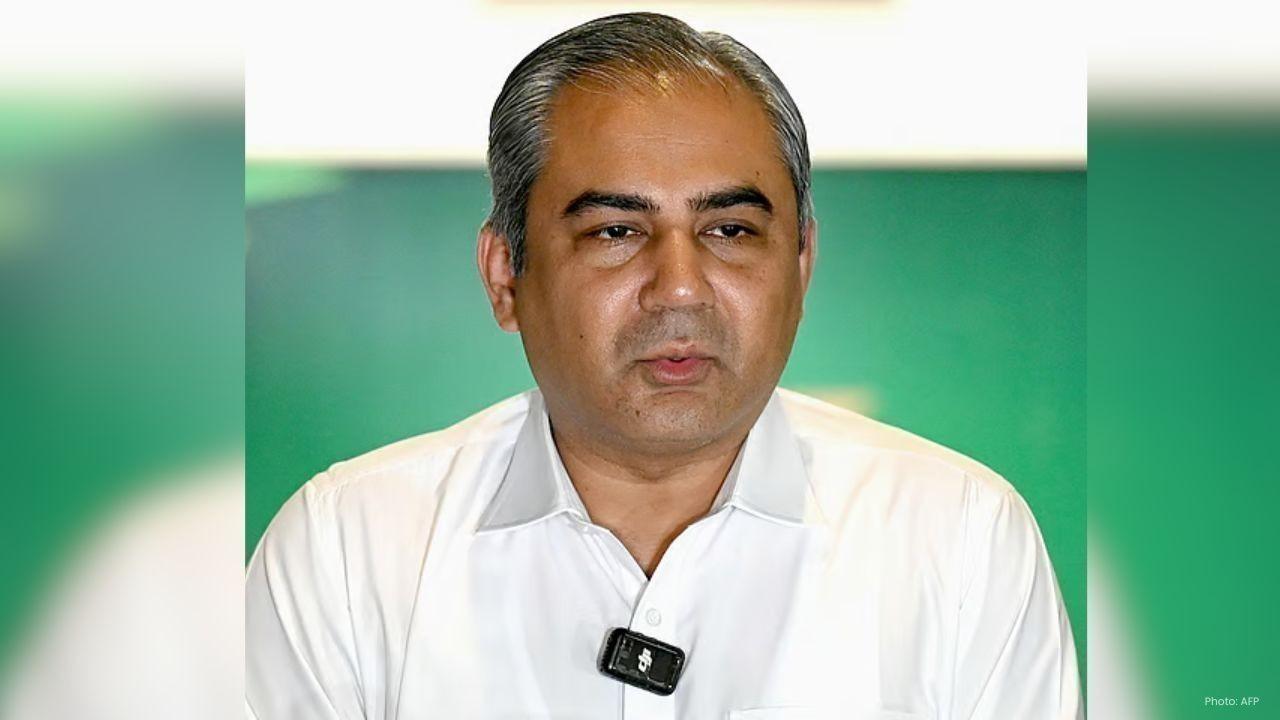
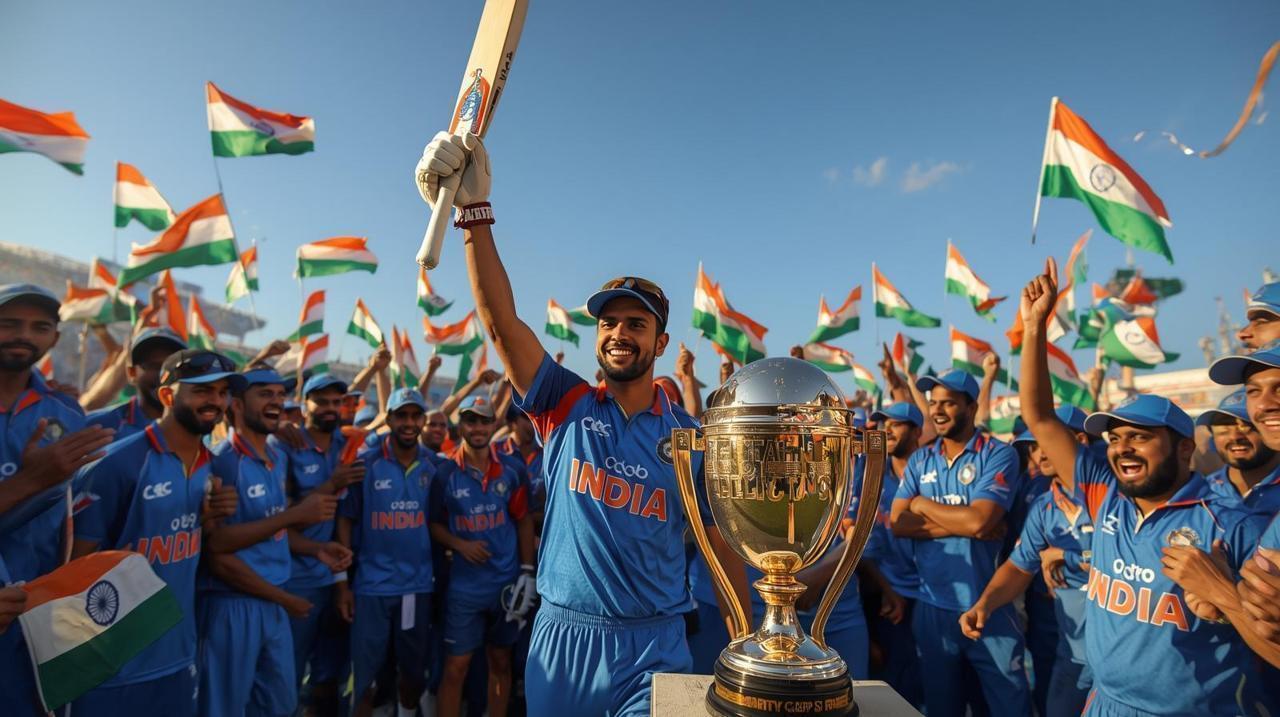


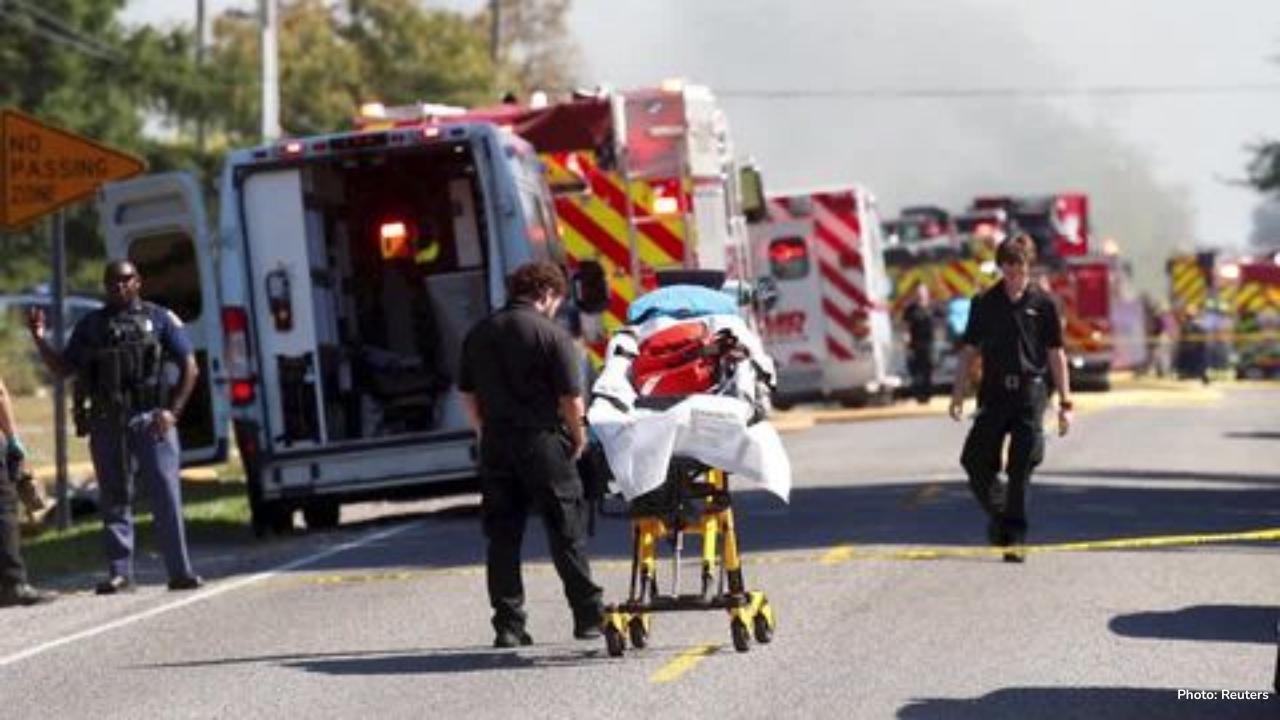
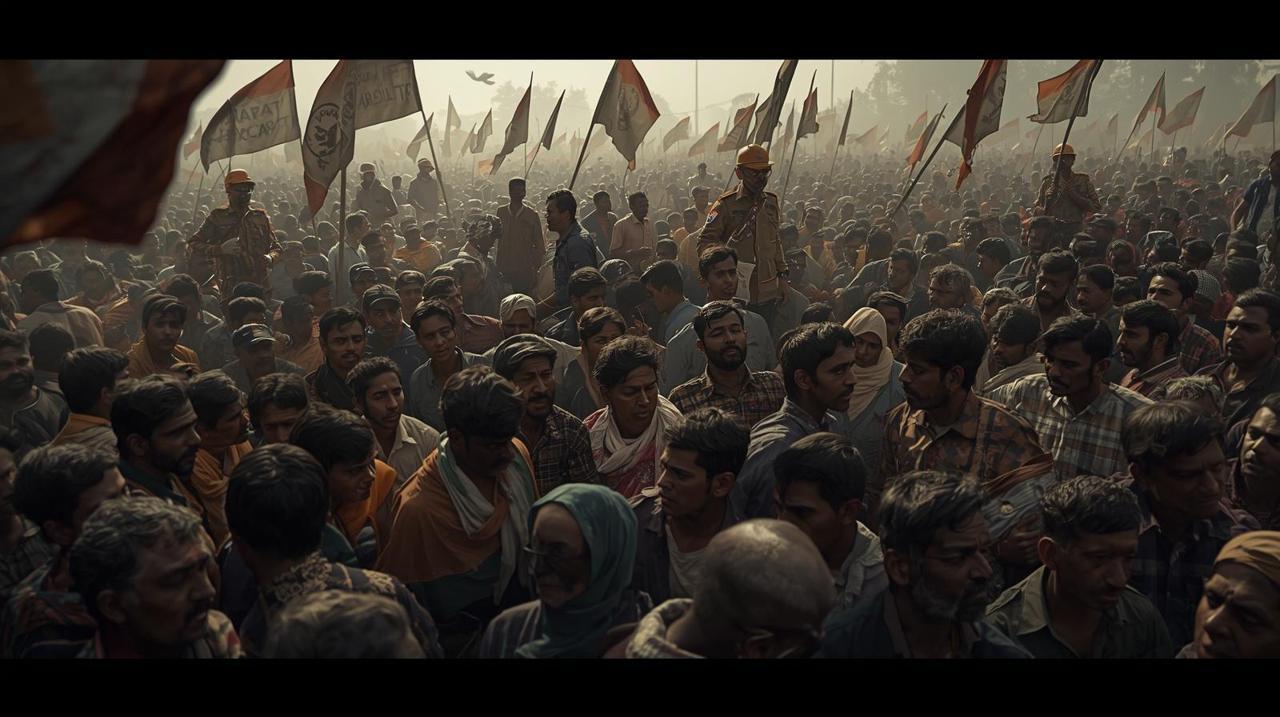


Sinner & Swiatek Shine at China Open: Semifinal Spots Secured
Jannik Sinner and Iga Swiatek advance to the semifinals at the China Open. Read about their victori

Michigan church attack kills 4, injures 8 in shocking violence
A gunman drove into a Michigan church, fired shots, set fire, killing 4 and injuring 8 before police

Moldova’s Pro-EU Party Secures Majority in Key Vote
Moldova’s pro-European PAS wins a strong majority in the parliamentary election, weakening pro-Russi

Gabriel’s late header gives Arsenal 2-1 win at Newcastle
Arsenal snatch dramatic 2-1 win at Newcastle as Gabriel heads the winner in stoppage time; Merino eq
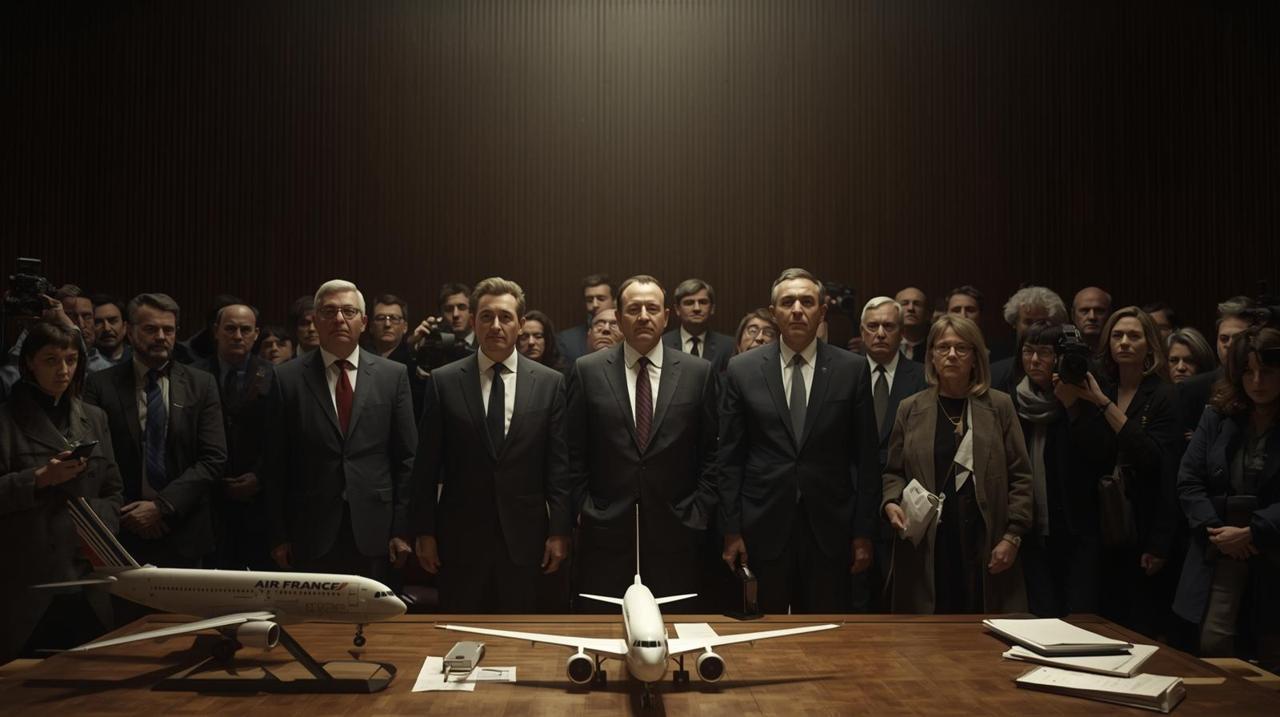
Air France Flight 447 Trial Opens 16 Years After Tragic Crash
Sixteen years after the Air France Flight 447 crash, a trial opens against Air France and Airbus. Le

Europe close to Ryder Cup win after strong weekend play
Team Europe is on the verge of winning the Ryder Cup, showing great form in Italy and needing only a